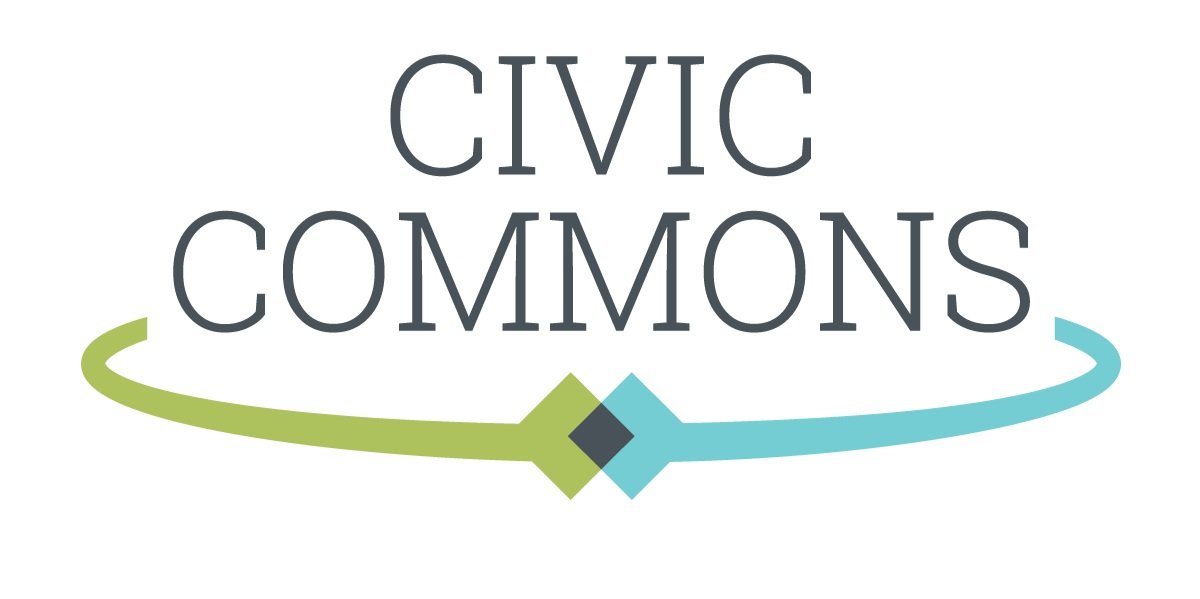Common(s) Questions with Cassie Whitebread
Change can be difficult — just ask anyone working in the nonprofit sector.
But for Cassie Whitebread (she/her), meaningful change is the only way to end industry practices based in white supremacy.
In 2020, Cassie launched Agents of Change — a cohort program at Seattle Works that trains and supports anti-racist leaders in as they strive to build better nonprofit programs and workplaces. (The third Agents of Change cohort is currently underway; stay tuned to Seattle Works’ social channels to find out when the next round of applications opens.)
Take it away, Cassie…
Q: What did you want to be when you grew up?
A: A veterinarian. I grew up with a lot of dogs and anyone who knows me can attest to my love for furry friends.
Q: What’s your favorite part about your job? What gets you out of bed each morning?
A: I facilitate learning and healing spaces that center the BIPOC experience in the nonprofit sector. There was a time while working for a white-led nonprofit where I felt harmed and that my experience (and the experiences of my fellow BIPOC colleagues) didn’t matter — it’s nourishing now to be creating spaces to share with people who have (unfortunately) gone through similar experiences and where we can collaborate on ways to heal and reimagine a more liberatory future for the sector.
It also helps that I work with an amazing staff. Over the past year, we transitioned to a distributed leadership structure. Traditional hierarchy, especially on a small team, wasn’t working for us — it created harmful power dynamics, with white staff at top of the hierarchy, and folks who were closest to the work not having the final say on decisions that impacted them most. We're now making better decisions, building more trust in one another, and it feels like a healthier place to work where we can show up as our authentic selves.
Q: If you could grab coffee with any Seattleite, past or present, who would it be? Why?
A: Ijeoma Oluo. We’d support a Black-owned coffee shop and aside from questions around intersectional anti-racism, I’d want to ask her about food she’s been cooking, interior design and things that have been bringing her joy lately.
Q: What’s something you’re involved in that other people should know about?
A: I’m the fellow at Healing Equity United, a consulting company founded and owned by two (badass) womxn of color striving for culture change in the nonprofit sector (and beyond). Aside from consulting with organizations that are ready to take the next step in creating an inclusive, equitable, and anti-oppressive culture, we host regular trainings and webinars and a podcast called Woke Isn’t Enough.
Q: What’s one of your proudest moments as a Seattleite? Any regrets?
A: In the midst of 2020, I launched a new program that was just a twinkle in my eye — Agents of Change, a cohort-based program focused on unlearning harmful norms and practices rooted in white supremacy in the nonprofit sector. I designed the curriculum to take participants on an internal deep dive assessing their implicit biases, to creating a culture for normalizing feedback (and calling in/out), and best practices to sharing leadership.
Sixty agents of change have graduated and are working to bring their respective organizations to the next step in their anti-racist journeys. We’ve had over 400 applications for the three cohorts so far, with individuals representing over 250 non-profits in the Greater Seattle region and beyond.
Q: Where’s the first place you take out-of-town visitors?
A: On our way out for a hike, we’d do an early morning visit to Raised Donuts (gotta get there early before all of the monthly flavors run out!) or Rubenstein’s Bagels (I used to work with Andrew and the days that he brought samples into the office were magical, they’re truly the best bagels on this coast).
Q: Tell me you live in Seattle without telling me you live in Seattle.
A: During the dark, damp months I strictly wear my trusty, old pair of Blundstone boots.

